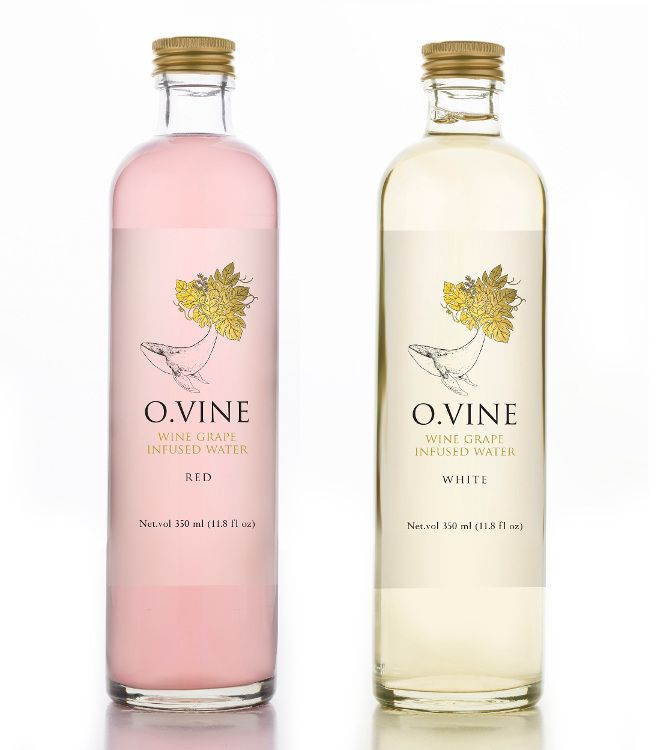Turn food waste into finished products, says Tel Aviv-based Practical Innovations
Practical Innovations explains its approach to developing products from food waste, and encourages other firms to do the same.
Image courtesy of Practical Innovations

Practical Innovations, Ltd. (Tel Aviv, Israel) is challenging manufacturers to make products from food waste. The company, which helps formulate and develop startups, recently helped develop a company called O.Vine, which utilizes grape waste, such as skin and seeds, from the wine industry, to infuse spring water with a wine-grape flavor.
“A large winery approach us with a clear directive: How to leverage 1,500 tons per year of grape waste from wine production to create a new product line, "explains Tal Leizer, CEO of Practical Innovation, in a press release. “Following a long process of research, we realized that most of the antioxidants of the wine grapes were found in the grape waste - skins and seeds. Armed with an insight on global food and beverage trends based on years of experience, Practical Innovation created O.Vine, thus shaping a new near water category that was inspired by the world’s two oldest beverages: water and wine.”
Similar food waste is disposed of throughout the food industry from manufacturers of items like canned vegetables, jams, frozen vegetables, baby food purée, and pasta sauces. Practical Innovations argues that waste from these products still have nutritional value, and can still be utilized.
“Every food manufacture must find an innovative and profitable way to reuse its cast-offs, and turn them into profitable new products,” said Leizer in a press release. “This approach is not just good for the companies in terms of getting rid of waste, conserving resources, and reducing costs, but also minimizes the eco footprint while decreasing true waste.”
Practical Innovation’s three-step process is: identify all sources of waste materials, evaluate the extent of the waste, what’s being done with it, what economic value can be gained from it, and finally, create an innovative product. “If our research yields hidden functionality and other benefits, we will dive into the current food trends, learn the category, study the latest technologies and drive the innovation process to develop new, healthy products that will stand out in a crowded marketplace,” explains Leizer. “Surprisingly, the result can even be a premium product that defines a new strategy for the company and can become its key growth engine.”
Prinova acquires Aplinova to further increase its footprint in Latin America
April 7th 2025Prinova has recently announced the acquisition of Brazilian ingredients distributor Aplinova, which is a provider of specialty ingredients for a range of market segments that include food, beverage, supplements, and personal care.










